Match the values of column II with column I and mark the appropriate choice.
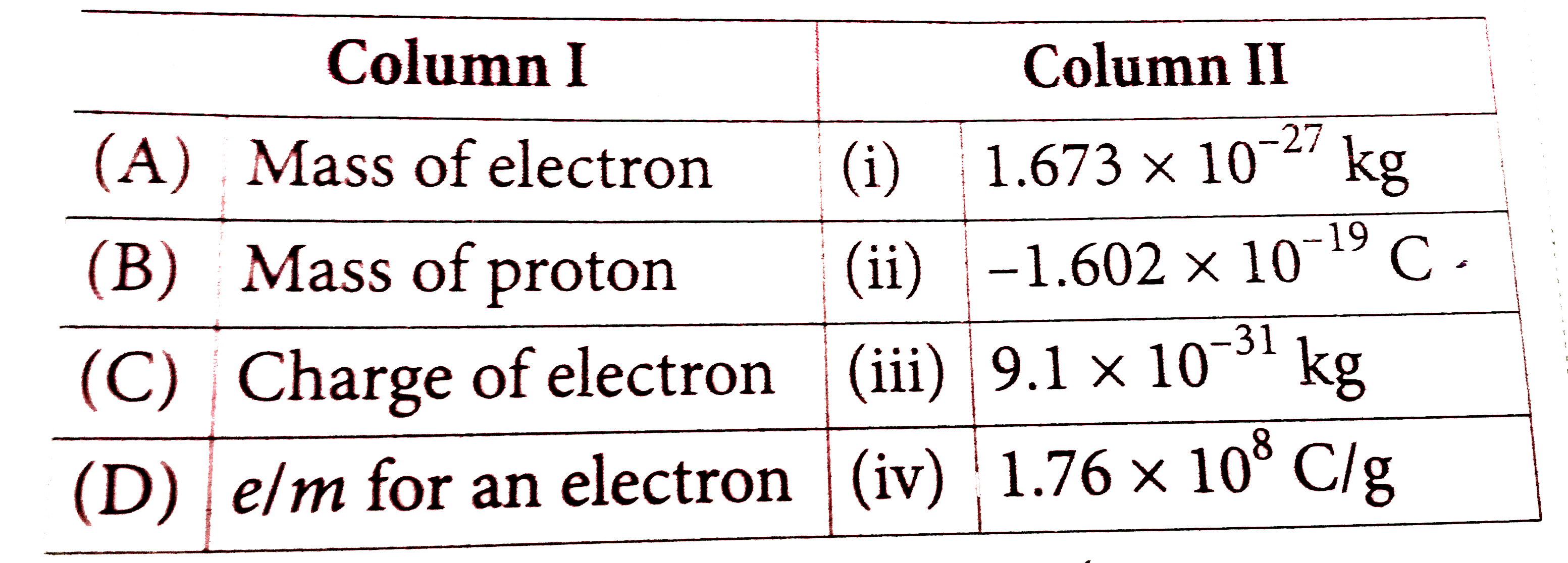
(A)→(i),(B)→(ii),(C)→(iv),(D)→(iii)
(A)→(iii),(B)→(i),(C)→(ii),(D)→(iv)
(A)→(ii),(B)→(iii),(C)→(iv),(D)→(i)
(A)→(i),(B)→(iii),(C)→(ii),(D)→(iv)
The correct Answer is:B
Step by step video & image solution for Match the values of column II with column I and mark the appropriate choice. by Chemistry experts to help you in doubts & scoring excellent marks in Class 11 exams.
Topper's Solved these Questions
- BOOK - NCERT FINGERTIPSCHAPTER - STRUCTURE OF ATOM EXERCISE - Atomic Models5videos
STRUCTURE OF ATOM
- BOOK - NCERT FINGERTIPSCHAPTER - STRUCTURE OF ATOM EXERCISE - Developments Leading To The Bohr'S Model Of Atom14videos
STRUCTURE OF ATOM
- BOOK - NCERT FINGERTIPSCHAPTER - STATES OF MATTER EXERCISE - Assertion And Reason15videos
STATES OF MATTER
- BOOK - NCERT FINGERTIPSCHAPTER - THE P-BLOCK ELEMENTSEXERCISE - Assertion And Reason15videos
THE P-BLOCK ELEMENTS
Similar Questions
Match the column I with column II and mark the appropriate choice.
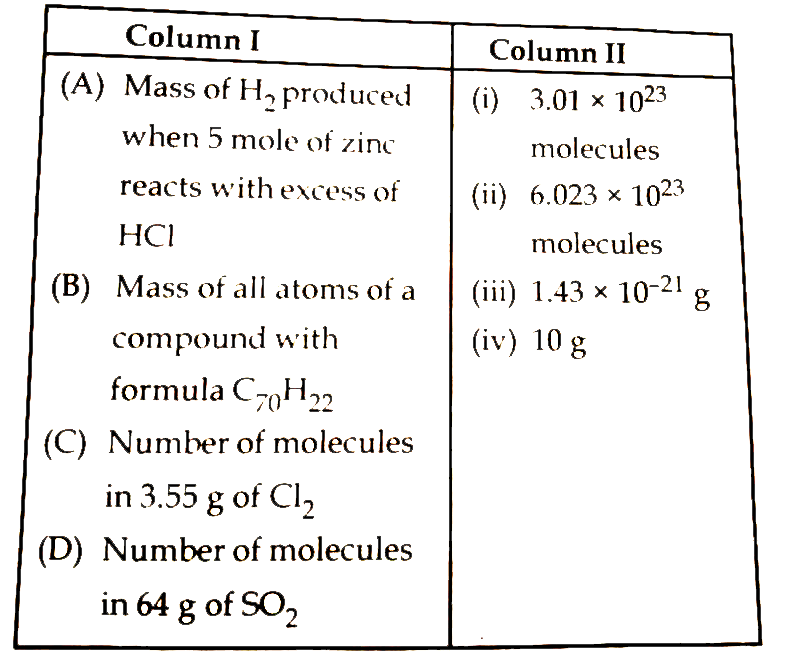 View Solution
View SolutionMatch the column I with column II and mark the appropriate choice.
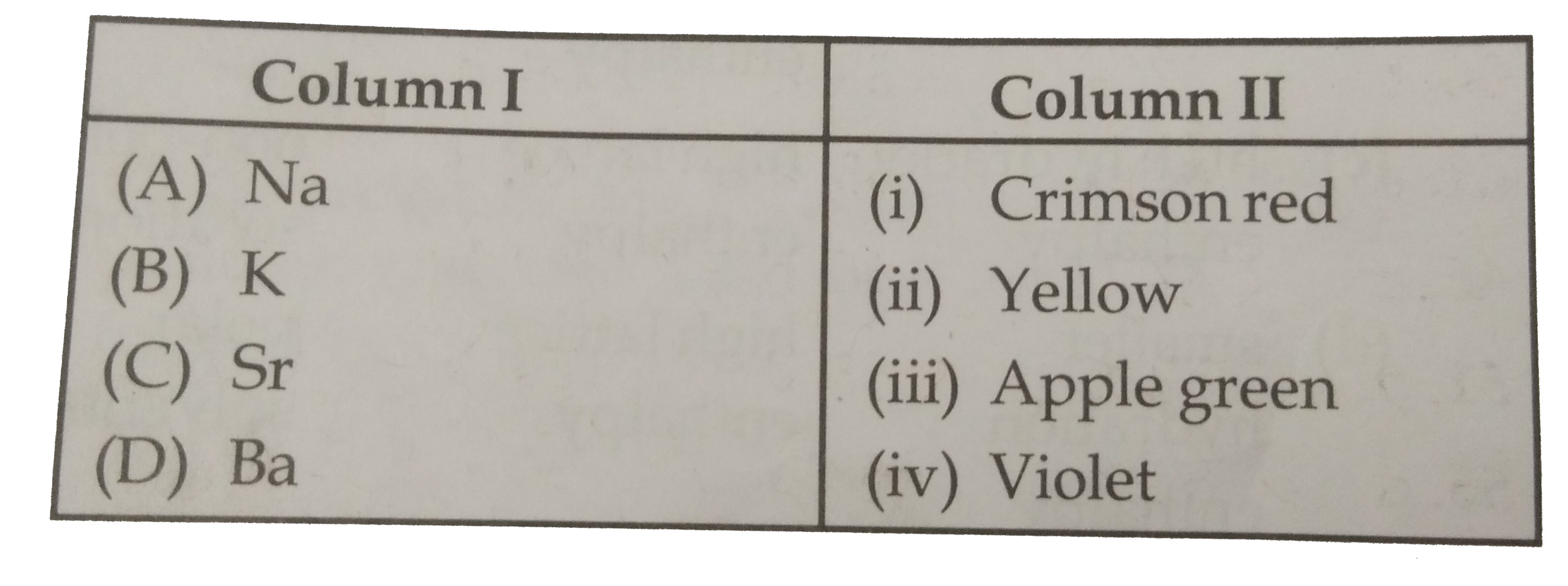 View Solution
View SolutionMatch the column I with column II and mark the appropriate choice.
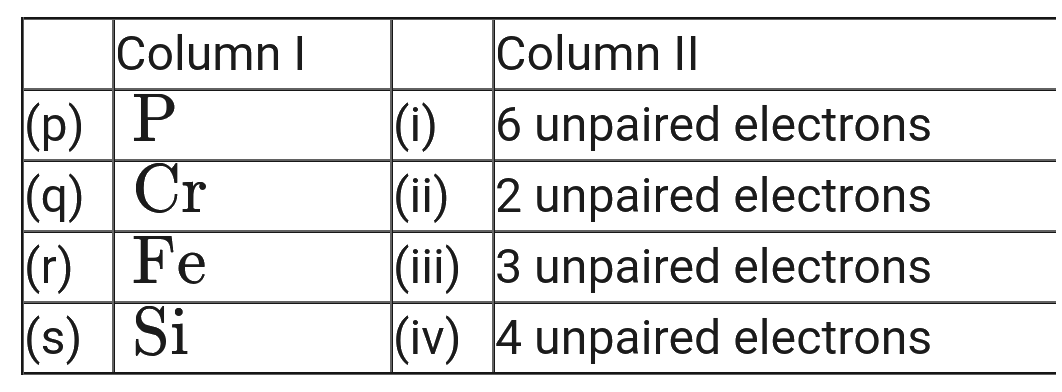 View Solution
View SolutionMatch the column I with column II and mark the appropriate choice.
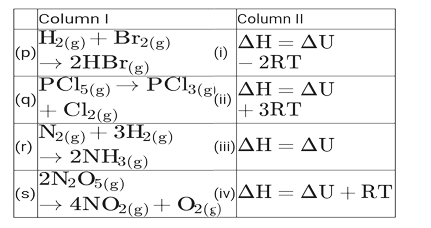 View Solution
View SolutionMatch the column I with column II and mark the appropriate choice.
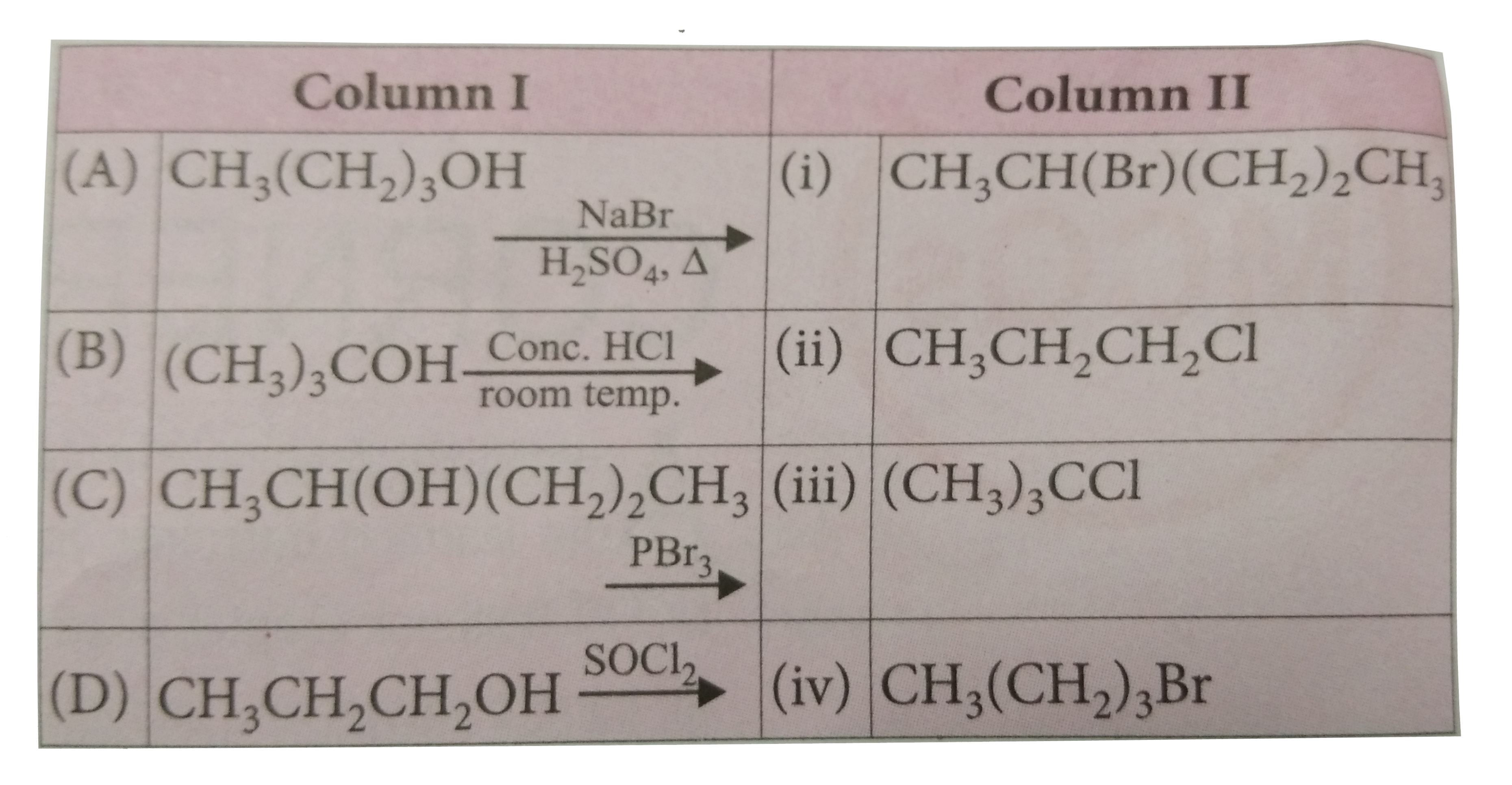 View Solution
View SolutionMatch the column I with column II and mark the appropriate choice.
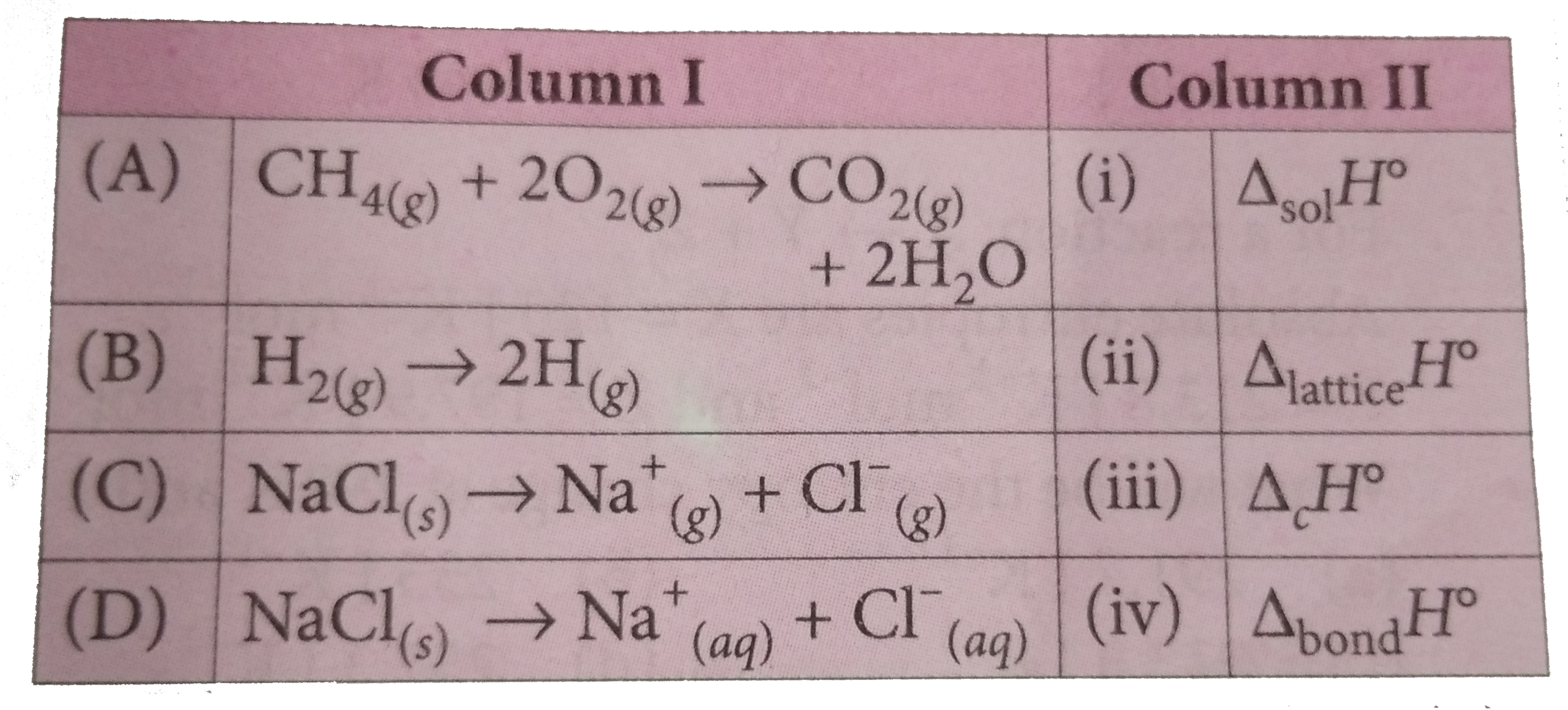 View Solution
View SolutionMatch the column I with column II and mark the appropriate choice.
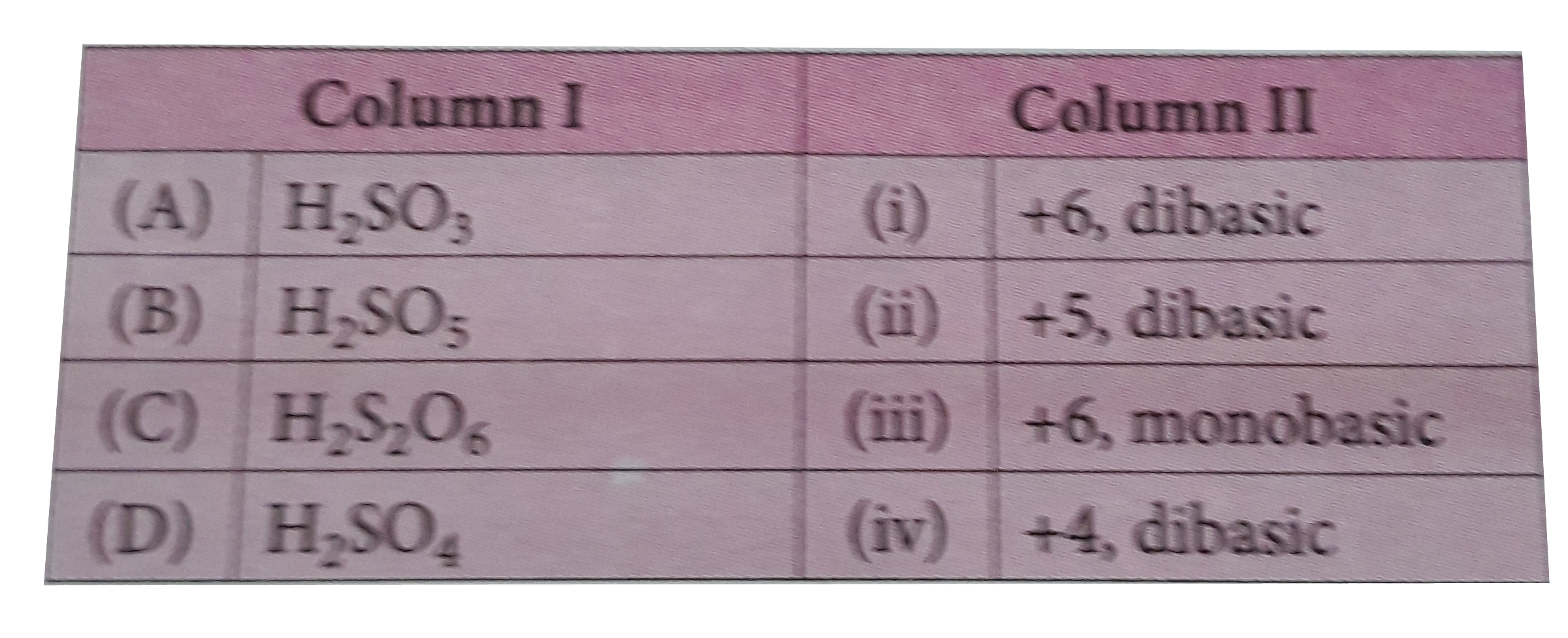 View Solution
View SolutionMatch the column I with column II and mark the appropriate choice.
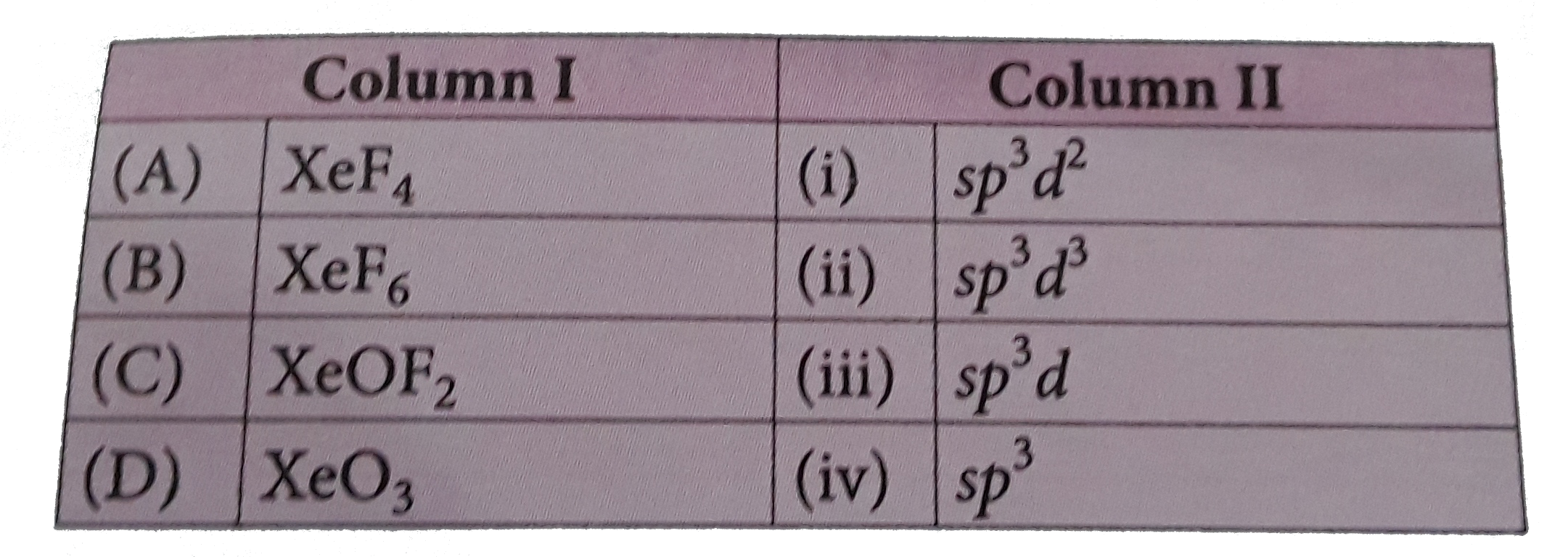 View Solution
View SolutionMatch the column I with column II and mark the appropriate choice.
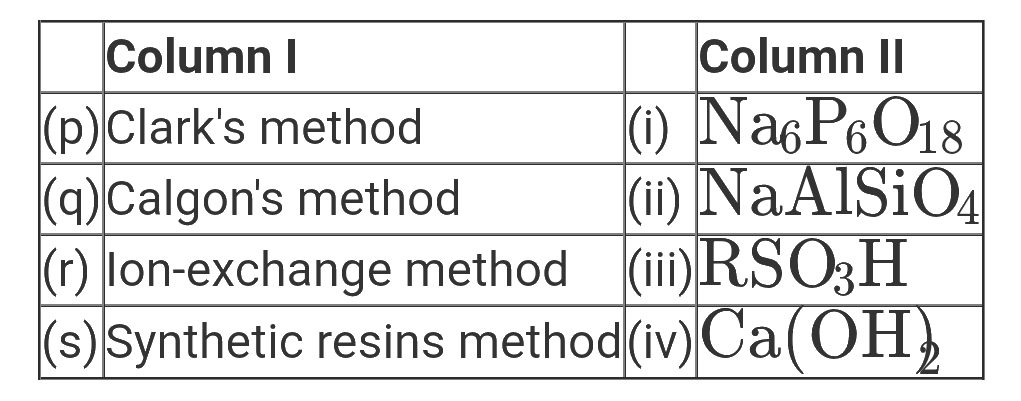 View Solution
View SolutionMatch the column I with column II and mark the appropriate choice.
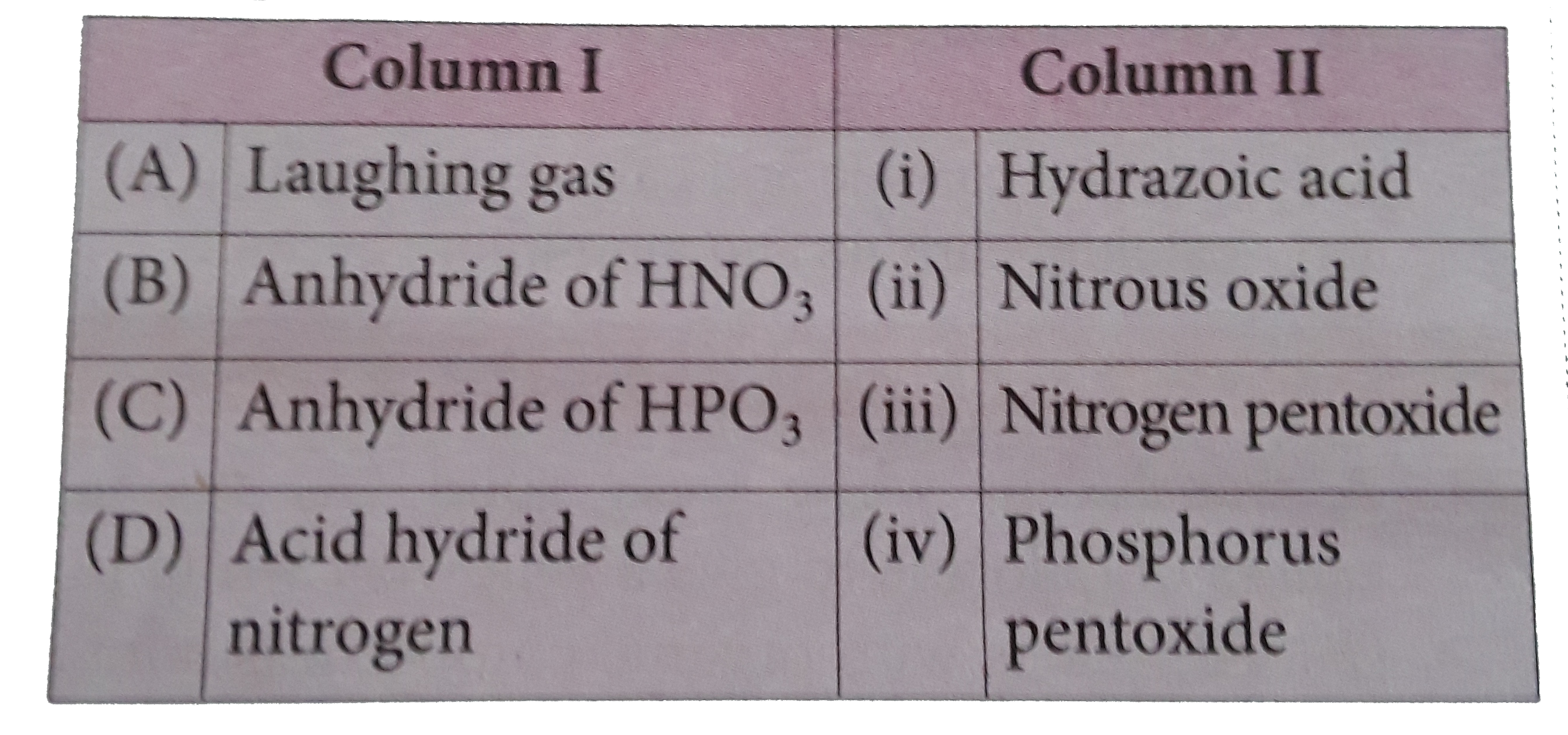 View Solution
View Solution

